The Hidden Downsides Of Living In A Boutique Condo: 5 Things Owners Wish They Knew Before Buying
September 7, 2023
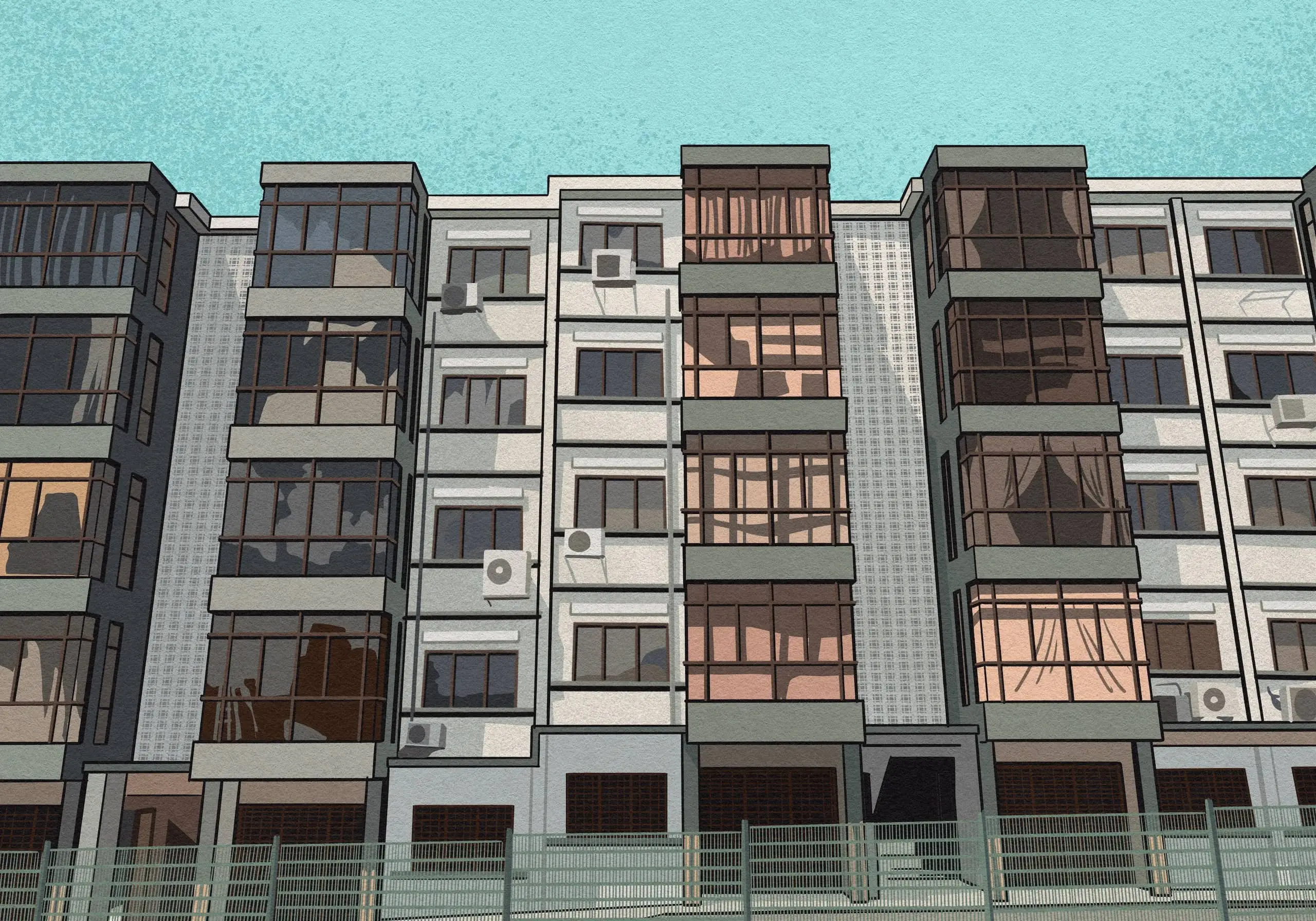
Boutique condos – commonly thought of as projects with 50 units or less – offer a lot of privacy. But these tiny developments also mean smaller land space, fewer facilities, and maybe even cliquish management committees; so are they really worth the added exclusivity? This week we spoke to some owners of boutique units, on the aspects that they definitely don’t enjoy. Here’s what to look out for:
So many readers write in because they're unsure what to do next, and don't know who to trust.
If this sounds familiar, we offer structured 1-to-1 consultations where we walk through your finances, goals, and market options objectively.
No obligation. Just clarity.
Learn more here.
1. The entire project is dominated by an extended family
Eliza is a foreigner, and rented a unit in a District 15 boutique condo between 2015 to 2017. She says multiple units in the condo (more than half) were owned by the same extended family:
“They (the family) ran the whole complex as if it was their own little fiefdom. They would arbitrarily change the rules about where the rest of us could park, or how we could use facilities like the clubhouse movie room.
On the eve of my colleague’s birthday, when I had specifically booked the function room for the next day, I was told they were cancelling it because the maximum group size was seven. I asked where in the rules it said that, and no one could produce anything. The next week, it was suddenly in the rules, and it was distributed in letters in our mailboxes.
Some of them had plants on the balcony ledge, on the first-floor units. But when anyone else did the same thing, the management would tell them they had to remove it as it was a hazard. So the rules were selectively applied to non-family members.”
Eliza’s colleague, who is a Singaporean, owned the unit that she rented. The landlord anonymously told us that:
“I do have complaints from my tenants about this, but during meetings the family clique outvoted everyone. There’s not much I could do, and it’s to the point where I am considering selling. If not for the higher ABSD I would have sold long ago.”
2. Privacy may not be as great as is commonly assumed
MS disputes some of our articles, where we say a boutique condo offers greater privacy. He says his experience has been the opposite:
“There’s only 40 units, but the land space is very small. Everything is pressed up. Just to give you an idea, I can have a conversation with my neighbour from inside my own house, if I stand in the service yard and they open their window. When I stayed in an HDB flat there was more breathing space between the units.”
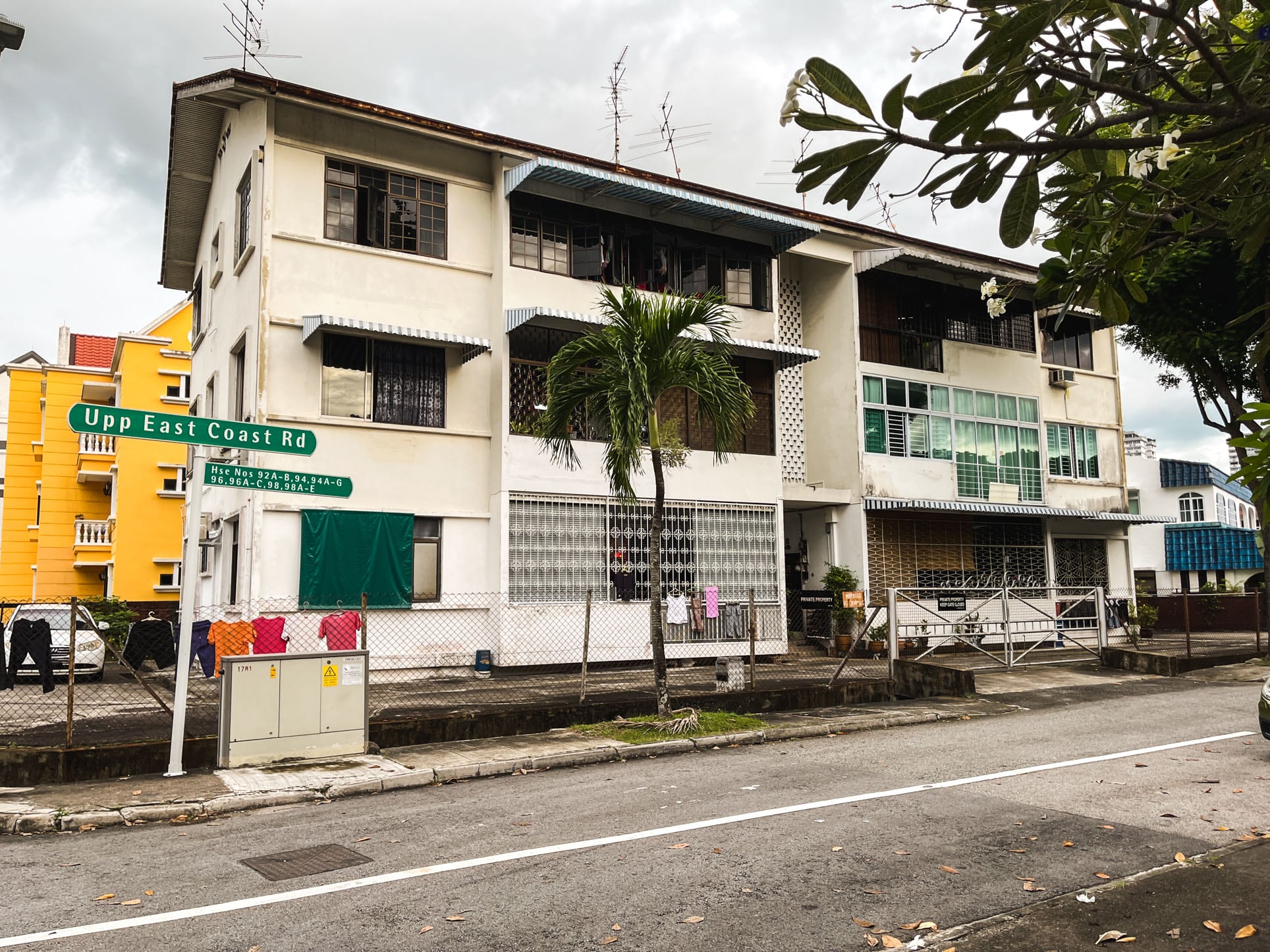
V.K., who moved from a larger condo to a boutique project in Siglap, feels the anonymity of a bigger condo has more privacy:
“It’s so small and there are very few of us, so I don’t feel it’s as private as you say. In fact, I feel very observed. My neighbours know what time I start my swim, what time I gym, even when I get groceries; one time my neighbour even asked me how come that week I had no delivery. Even this they can observe.
We’re all living so close, there’s so few of us, it’s very easy to snoop. Even if you don’t intend to also you’ll find out about each other. It was more private in my bigger condo. Doesn’t make sense to say it, I know, but you try then you’ll understand.”
3. The maintenance fees are on the high side
Louisa, who has lived in a boutique condo for the past six years, says the maintenance costs are not justifiable:
“The maintenance fees keep going up and up, and it’s around $590 per month since last year. They say we only have 18 units, okay, I accept that. But I still find it ridiculous. The condo is so small, we only have very few security guards. This condo doesn’t even have a gym or clubhouse. So what is all the maintenance money for? What is there to maintain?”
More from Stacked
Record $1.418 Million Dollar Dawson Flat: Was There Really Any Better Alternative?
SkyTerrace @ Dawson just set a new record for the most expensive resale flat, at $1.418 million. That begs the…
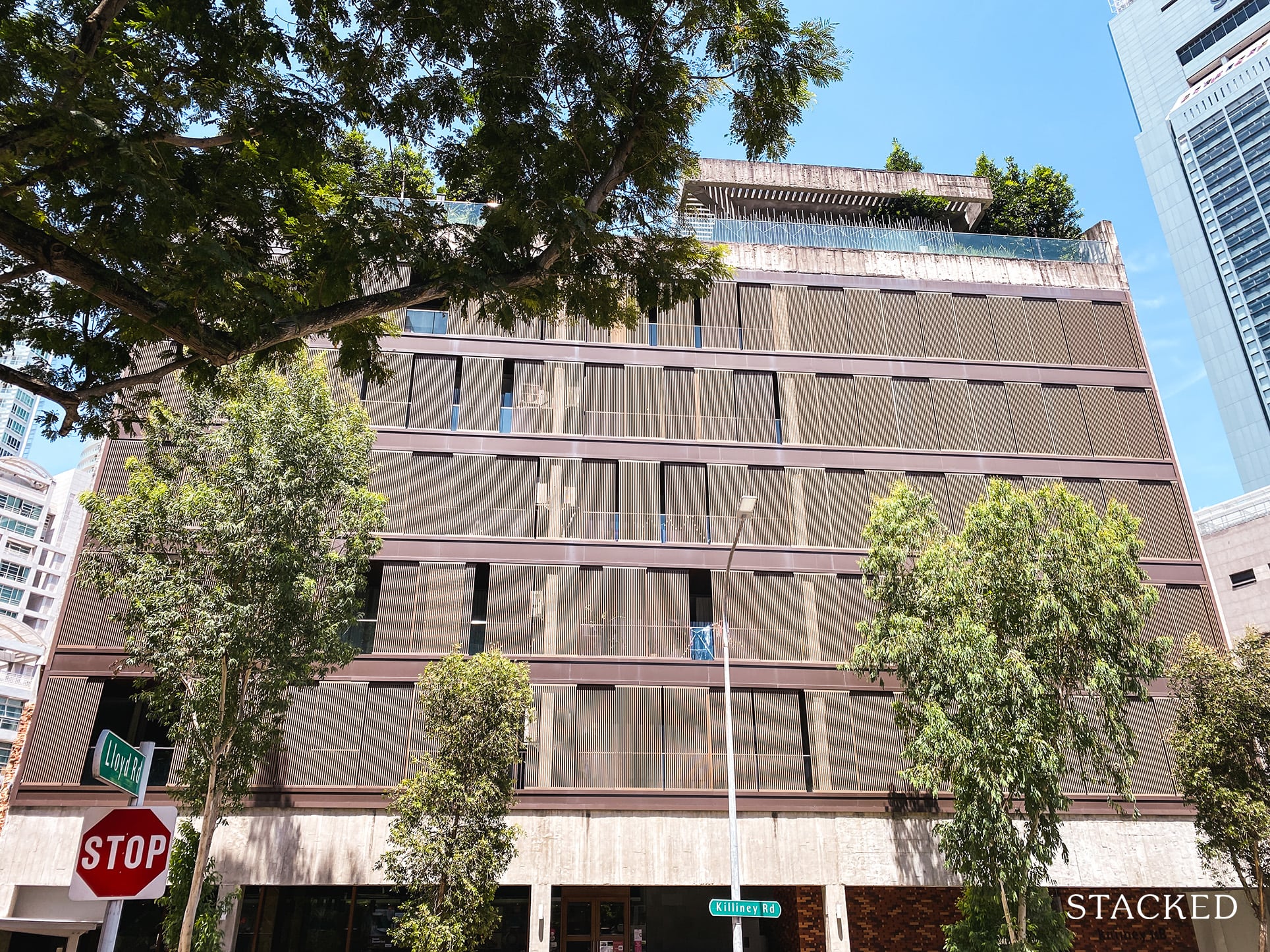
HL, who lives in a boutique project on Killiney Road, says the combination of small unit count and cliquish management is the problem:
“I have given up going to the meetings, because there are four guys who collectively own more than half the condo, so what’s the point? My issue is they like to make a lot of unnecessary changes, like installing faux-marble panels in the lifts, or lining the lobby entrance with mirrors. I guess they see this place as their personal palace?
All of these unnecessary expenses are paid for by such a small handful of units, so of course maintenance fees become stupid high. My advice is: don’t live in a tiny condo, where expenses are controlled by residents way richer than you.”
This is an issue that sometimes homebuyers tend to overlook, as maintenance costs divided over a smaller number of units can be substantial – even if there are much fewer facilities. Likewise, if there aren’t enough sinking funds and there are major works to be done (especially as the condo gets older), this could also be higher added costs that may be substantial.
4. You may be forced to go along with an en-bloc sale
HL (also from above) says he had a frightening experience with an en-bloc attempt a few years ago:
“As I said, four guys collectively own more than half the condo by share value. So a few years ago there was an en-bloc effort, I’m not sure if they initiated it or some developer did; but that’s when I realised my family is completely at their mercy. If they said yes, then we’d have to look for another place, with the usual nightmare that comes along with moving.
And it was probably the worst time for it to happen, because my wife was expecting our first child, and she was constantly going to and from the hospital because of a health issue.
In the end it didn’t happen, but it left a sour taste. If this were a bigger condo, with more families involved, it wouldn’t be so easy for a handful of rich owners to tear it down.”
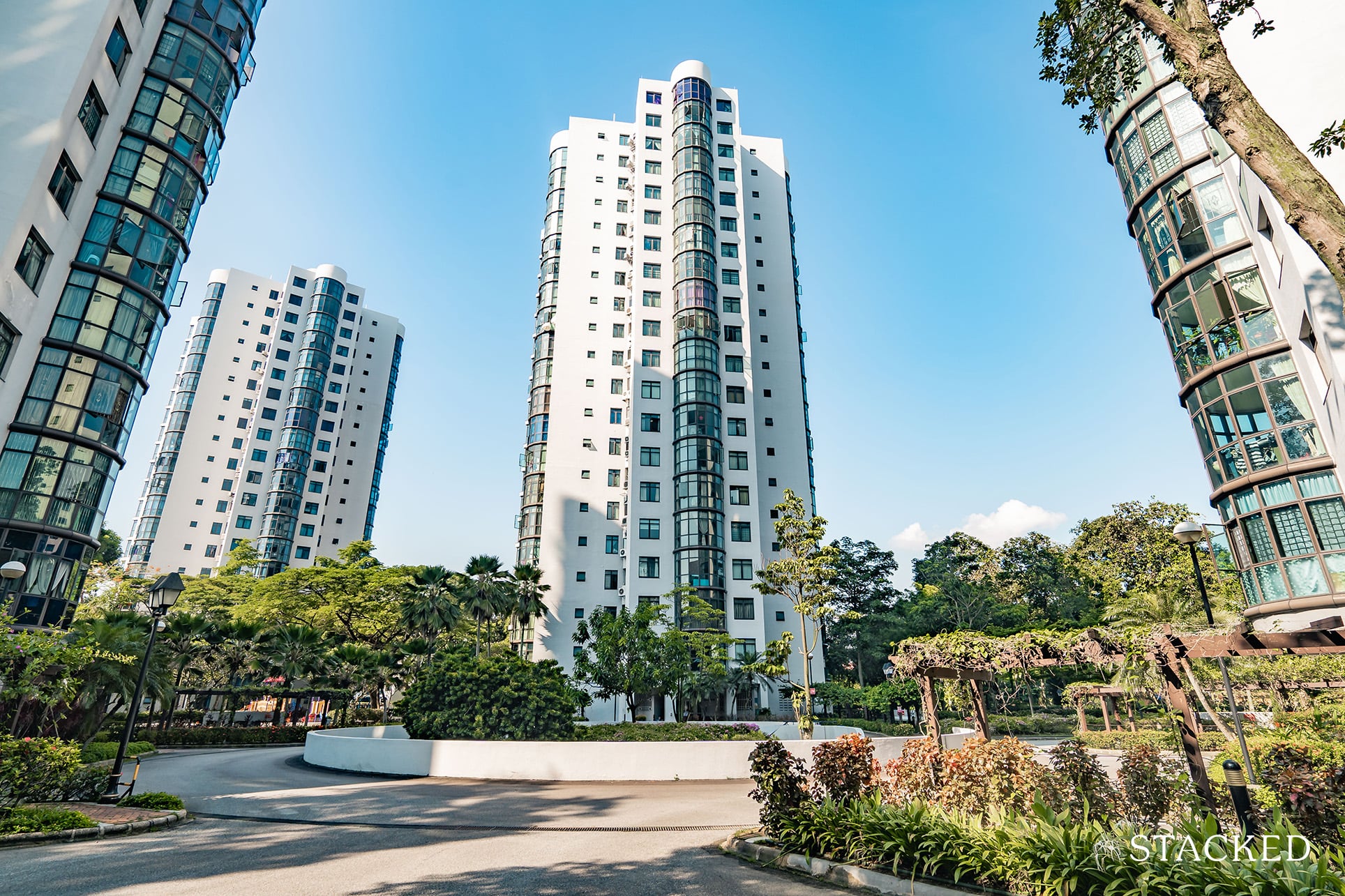
Property AdviceDo Not Agree To An En-Bloc Sale Until You Read These 5 Factors
by Ryan J. Ong5. A small project can feel “hemmed in”
Most boutique projects are not high rises (although some exceptions exist). Edwin, who used to live in a boutique condo, says the low-rise development didn’t have a good view:
“My place was only five storeys, and I was on the fourth. Even though the surroundings were landed houses, it was still mainly a view of other people’s rooms. I didn’t like the feel of it being very closed in, and I didn’t even enjoy the balcony.”
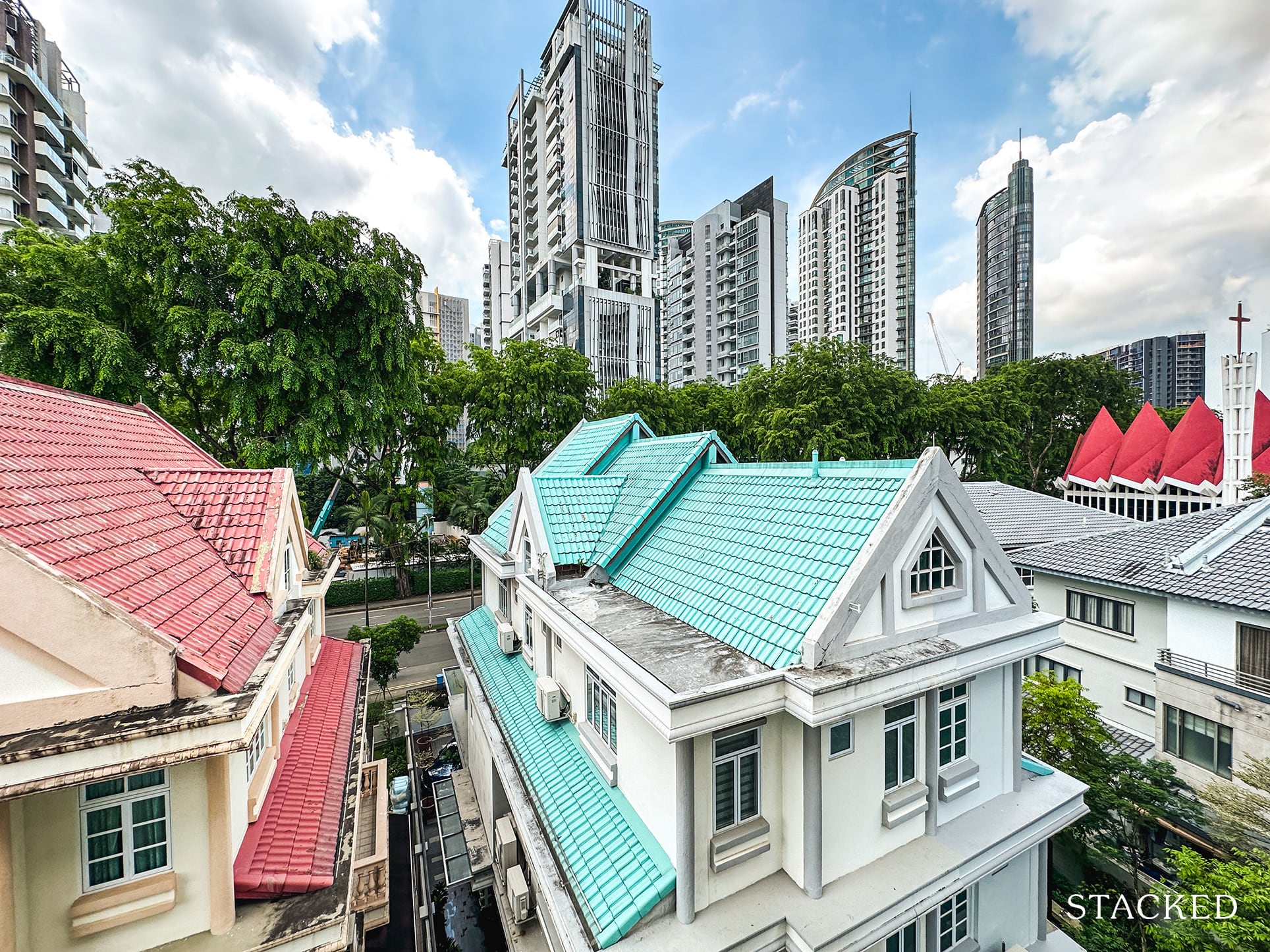
Another reader, KJ, dislikes how his boutique project is “squeezed” between landed homes; a common arrangement for such projects in landed areas:
“It’s supposed to feel private, but you feel squeezed when you step into the common areas. If I open the side gate outwards, it can almost scrape the wall of the house next door. It’s also quite noisy – the landed house next door has three dogs, and I think everyone on my side of the condo can identify each one by their bark.”
So if you’re going to buy a boutique project, perhaps look for one that’s not squashed into tiny spaces between other developments or houses.
Do let us know your experiences with a boutique condo in the comments. You can also follow us on Stacked, to get more opinions and stories from people on the ground.
At Stacked, we like to look beyond the headlines and surface-level numbers, and focus on how things play out in the real world.
If you’d like to discuss how this applies to your own circumstances, you can reach out for a one-to-one consultation here.
And if you simply have a question or want to share a thought, feel free to write to us at stories@stackedhomes.com — we read every message.
Ryan J. Ong
A seasoned content strategist with over 17 years in the real estate and financial journalism sectors, Ryan has built a reputation for transforming complex industry jargon into accessible knowledge. With a track record of writing and editing for leading financial platforms and publications, Ryan's expertise has been recognised across various media outlets. His role as a former content editor for 99.co and a co-host for CNA 938's Open House programme underscores his commitment to providing valuable insights into the property market.Need help with a property decision?
Speak to our team →Read next from Editor's Pick

Editor's Pick Happy Chinese New Year from Stacked

Property Market Commentary How I’d Invest $12 Million On Property If I Won The 2026 Toto Hongbao Draw

Overseas Property Investing Savills Just Revealed Where China And Singapore Property Markets Are Headed In 2026

Property Market Commentary We Review 7 Of The June 2026 BTO Launch Sites – Which Is The Best Option For You?
Latest Posts

Singapore Property News Why Some Singaporean Parents Are Considering Selling Their Flats — For Their Children’s Sake

Pro River Modern Starts From $1.548M For A Two-Bedder — How Its Pricing Compares In River Valley

New Launch Condo Reviews River Modern Condo Review: A River-facing New Launch with Direct Access to Great World MRT Station




































4 Comments
I’m living in a boutique condo now and I’m loving it. Here are some alternate views.
3 of 5 issues above are related to this non-transparency of ownership structure leading to having weak voting power. But this also applies to large developments dominated by a clique, not so much about the number of units. I believe you previously mentioned a Pasir Panjang Condo and Orchard Plaza and Katong Shopping Centre before in other artcles.
I personally think it would be good if in the future, information regarding the ownership breakdown of the strata be made more public. You can find this information in most public companies annual reports so why not the same for strata? For eg. 40% owned by one single beneficial holder, or 90% owned by family etc…
Lots of improvements that our Commissioner of Building can explore.
1) parking is always an issue; 2) the voices and actions of a few residents can affect the rest of the residents ; 3) single lobby means the lift gets held up if someone holds it but it is always easy to go up by stairs since it is low rise; 4) easy to communicate and provide feedback since each resident and asset can be identified; 5) high sales transaction can be signs of underlying issues or concerns; 6) rigid by-laws or ineffective use of resources since it cater to the mass majority, e.g., no lots catered for residents with motorcycle, contractors can park but not guests.